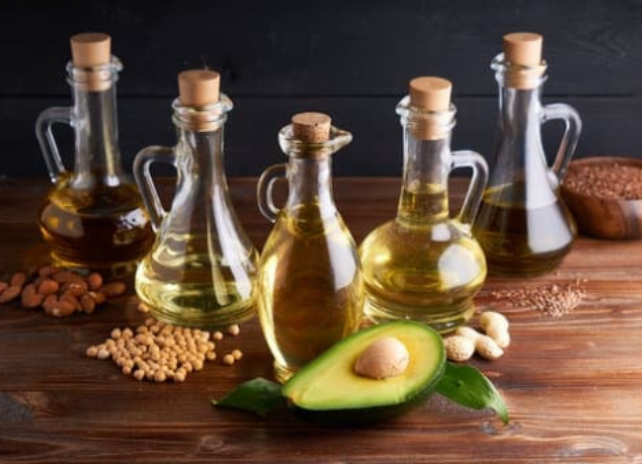
If you've ever finished a meal only to feel bloated, sluggish, or battling heartburn minutes later, the problem might not be what you’re eating—it could be how you’re preparing it.
Emerging research suggests that certain foods, praised for their health benefits, can actually harm your gut when cooked. These aren’t obscure, exotic items. They’re everyday ingredients many people rely on, believing they’re making a smart dietary choice.
So what’s going on?
When “Healthy” Turns Harmful: Cooking’s Hidden Impact on Digestion
Digestion is a delicate process. It depends on proper stomach acid balance, intact gut lining, and the timely movement of waste through your system. But some foods once heated undergo chemical changes that can:
The result? You might experience:
Over time, this can create a cycle of inflammation and discomfort that becomes hard to untangle especially when the foods causing the issue appear “healthy” on the surface.
While the exact list of gut-disrupting cooked foods is often overlooked, a few common culprits include:
These foods aren’t harmful for everyone, but if you're experiencing symptoms like bloating, acid reflux, or digestive discomfort, adjusting how you prepare them may make a noticeable difference.
If any of the following sound familiar…
…it may be time to explore how your cooking habits affect your gut.
By identifying and avoiding certain cooking methods, or opting for raw, lightly steamed, or fermented versions of these foods, you can often ease digestive strain and regain control over your meals—and your energy.
Your gut plays a central role in how you feel physically and mentally. And while many health tips focus on what to eat, how you eat and prepare food can be just as important. Making small changes to your cooking habits may offer the relief your digestion has been begging for.
If your gut feels off, don’t ignore it. It might just be your body’s way of asking you to go back to the basics.

